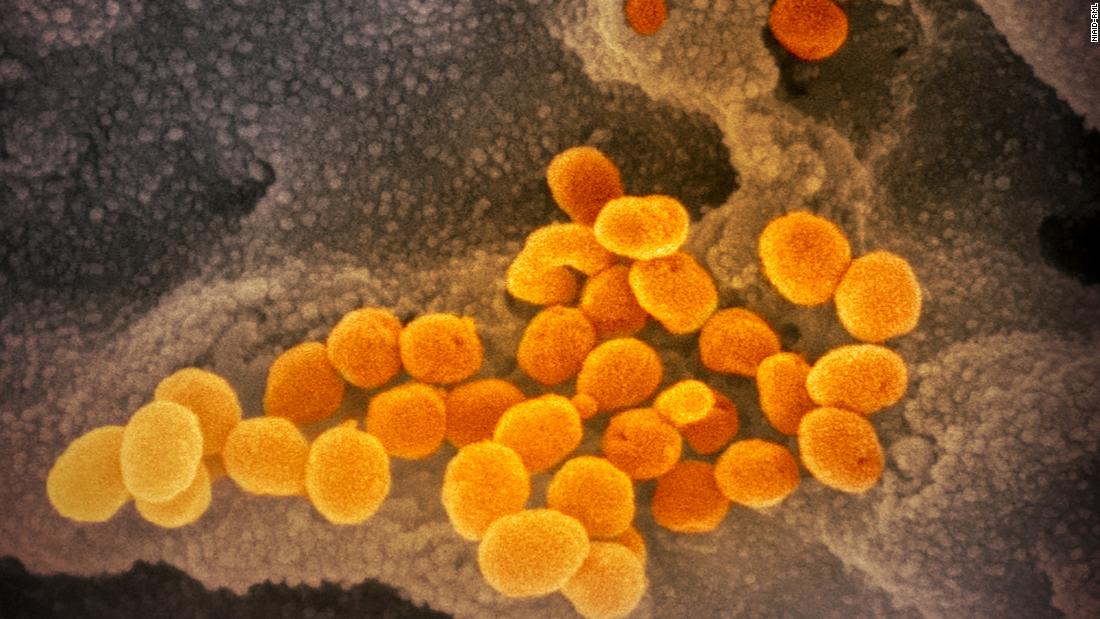You are here
Oxford University begins major international trial of potential Covid-19 drug treatments
Primary tabs
Oxford University begins major international trial of potential Covid-19 drug treatments
Thu, 2021-02-18 10:49 — mike kraft Oxford University's major therapeutics trial goes international A major UK trial of potential Covid-19 treatments has started to enrol patients in other countries in the hope of speeding up results, Oxford University said on Thursday. CNN
Oxford University's major therapeutics trial goes international A major UK trial of potential Covid-19 treatments has started to enrol patients in other countries in the hope of speeding up results, Oxford University said on Thursday. CNN A major UK trial of potential Covid-19 treatments has started to enrol patients in other countries in the hope of speeding up results, Oxford University said on Thursday.
The RECOVERY trial -- billed by the British government at its launch as the world’s largest randomized clinical trial -- looks at whether existing drugs can be used to treat the virus. It has enrolled more than 36,000 hospital patients in the UK since March 2020 and is now expanding to countries including Indonesia and Nepal.
Peter Horby, professor of Emerging Infectious Diseases and Global Health at Oxford, said he hoped that expanding the trial internationally would enable researchers to assess potential treatments more quickly.
It is particularly important to find readily and affordable treatments for COVID-19 that can be used worldwide," Horby added. "RECOVERY International will help us to identify effective treatments that can be used in less well-resourced settings.”
The trial has tested a number of drugs to determine which work against Covid-19 and which don’t. Last year, its researchers found that the cheap steroid dexamethasone reduced the risk of death for the sickest Covid-19 patients – but that the anti-malarial drug hydroxychloroquine was of no benefit.
Last week, it released preliminary results showing that the rheumatoid arthritis drug tocilizumab could also save the lives of patients hospitalized with severe Covid-19. The results were shared in a preprint, but have not yet been peer-reviewed or published in a medical journal.
In Indonesia and Nepal, the trial will initially focus on aspirin and colchicine, a drug for gout.
###

Recent Comments